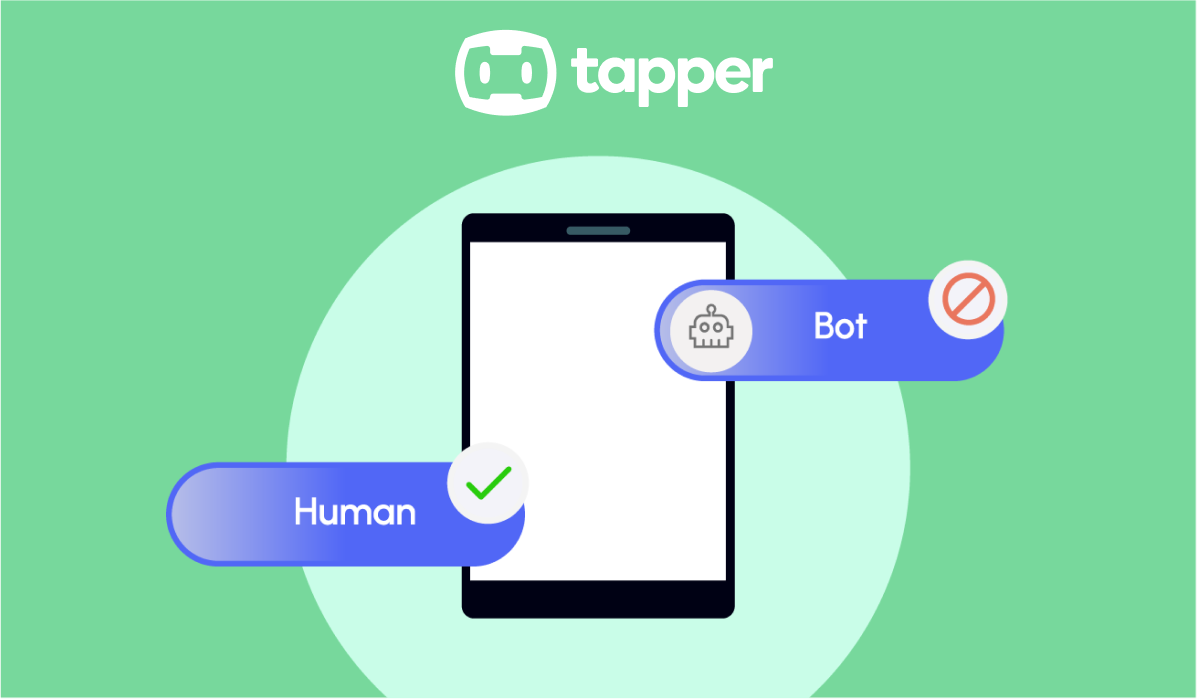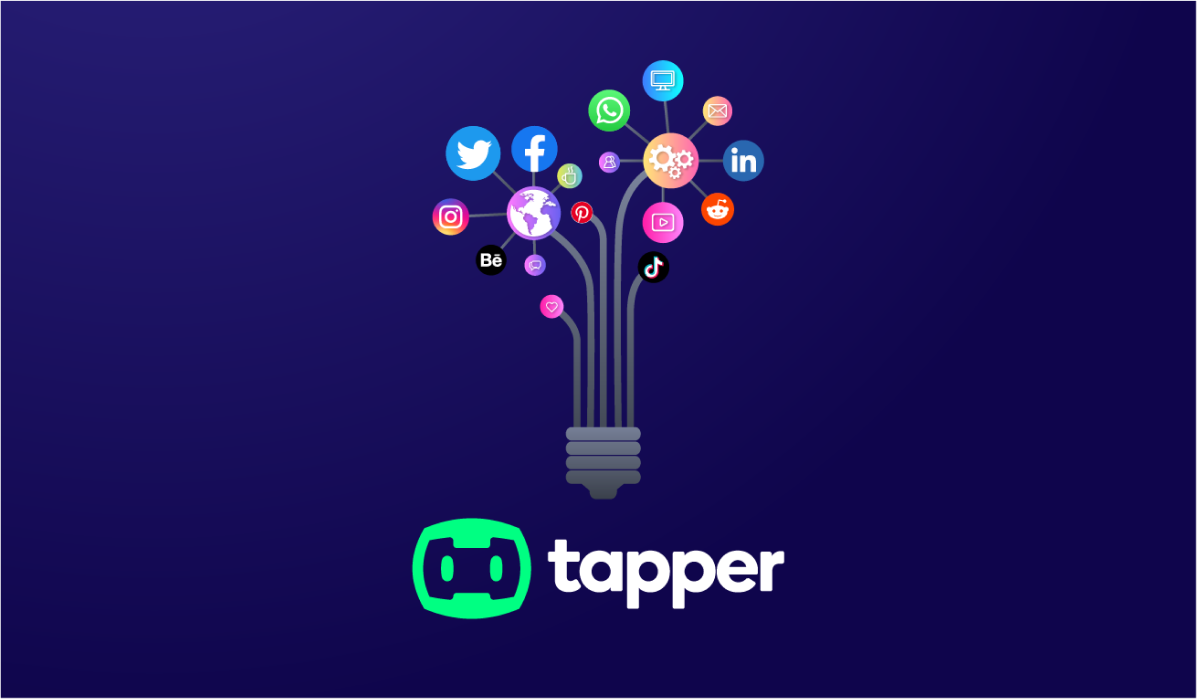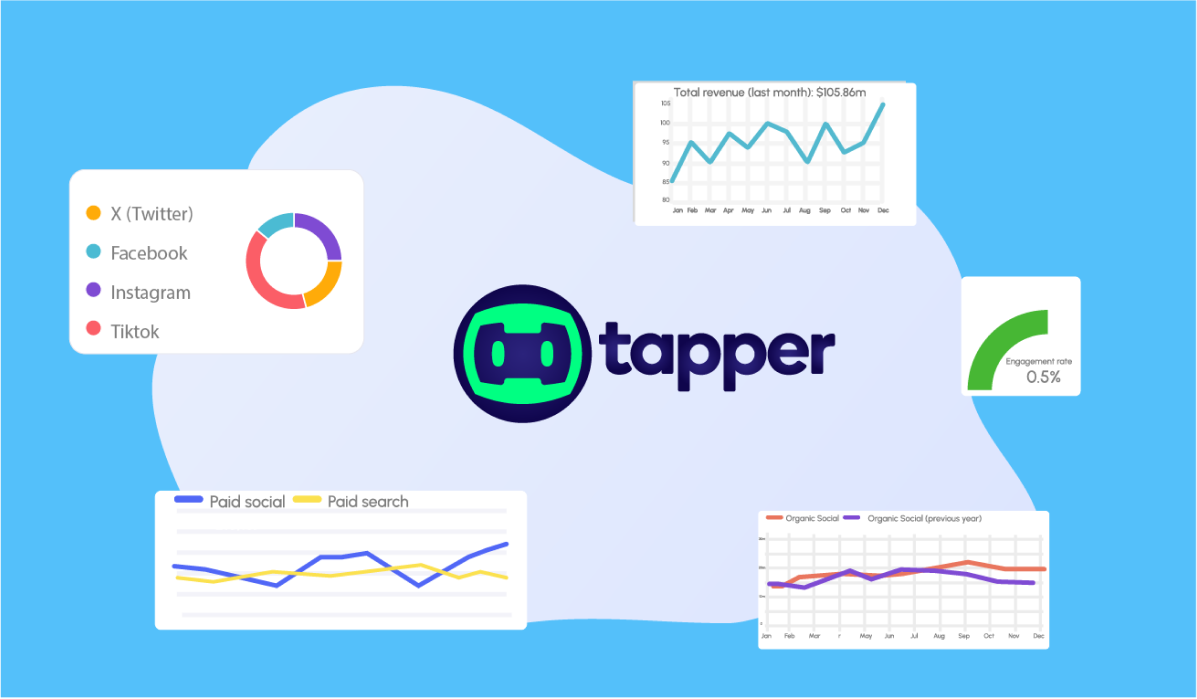Affiliate Marketing: Boosting Sales in the Digital Landscape
Nasser Oudjidane
•
Co-founder
•
August 21, 2024
•
4 min read min read
This blog offers a complete overview of affiliate marketing, explaining its core concepts, benefits, and strategies for brands to boost online sales effectively.

In the vast world of digital marketing, it's easy for marketers to overlook certain strategies amid the plethora of choices available. One such strategy, particularly in the e-commerce realm, is affiliate marketing. This guide aims to demystify affiliate marketing, exploring its core concepts, benefits, and strategies for brands to harness this powerful tool for driving online sales.
Understanding Affiliate Marketing
At its essence, affiliate marketing is an e-commerce sales strategy where a third party promotes a brand's products in exchange for a commission on resulting sales. This method is commonly observed on platforms like Amazon, social media, and blogs, where influencers and content creators share affiliate links to products or services.
Why Should Brands Embrace Affiliate Marketing?
- Access to New Customers: Affiliate marketing opens doors to untapped customer segments. Affiliates often wield significant influence over their audiences, facilitating faster sales compared to traditional advertising.
- Building Trust Quickly: For new brands or those with low awareness, building trust is a gradual process. Affiliates, with their established credibility, can accelerate this trust-building process, expediting sales.
- Effectiveness During Peak Seasons: Affiliate marketing shines during peak sales seasons, such as Black Friday. Trusted third parties can help brands cut through the noise of deep discounts, providing a more personalized touch to promotions.
Types of Affiliate Marketing Programs
- Review Sites: Brands can collaborate with product review sites, like Wirecutter or Consumer Reports, where high-quality reviews lend credibility and drive trust for potential customers.
- Price Comparison Sites: Platforms like Google Shopping or PriceGrabber allow brands to participate in affiliate programs, enhancing product visibility and sales through linked price listings.
- Coupon Sites: Coupon and discount code websites, such as RetailMeNot, offer promotional codes and links, providing brands an effective way to acquire new customers with special offers.
- Email Marketing: Publishers leverage subscriber lists to promote affiliate offers via email, monetizing their lists by generating affiliate sales and providing subscribers with relevant deals.
- Loyalty Programs: Major loyalty programs, functioning as large affiliate marketing schemes, incentivize card use by offering rewards. Brands pay commissions when customers use points for purchases.
- Influencers: Social media influencers on platforms like Instagram or YouTube promote products to their engaged followers, earning commissions on resulting sales.
- Content Affiliate Programs: Bloggers and content creators participate in niche-specific affiliate programs, promoting relevant products throughout their content.
Getting Started with Affiliate Marketing Channels
For aspiring affiliate marketers, the journey begins with:
- Researching Your Audience: Identify where your audience congregates online and understand their shopping behavior, preferences, and psychological triggers.
- Finding Suitable Third Parties: Seek reputable websites or personalities with a large audience that aligns with your brand. Natural affiliation with an affiliate marketing program enhances authenticity.
- Setting a Compensation Package: Determine whether to pay affiliates upfront or through commissions. Assess your business plan and pricing structure to offer competitive rates.
- Building Digital Infrastructure: Establish trackable unique links for affiliates, ensuring proper attribution of conversions. Tracking infrastructure is crucial for measurement and optimization.
- Monitoring and Tracking Activity: Accurately measure every sale and analyze performance data to gain insights into affiliate channels' effectiveness and optimize marketing spend.
The Role of Affiliate Marketers
The term 'affiliate marketer' has a dual meaning. Within a company, an affiliate marketer oversees the affiliate marketing program, selecting external affiliates, distributing marketing assets, and serving as the primary liaison. Externally, 'affiliates' or 'partners' refer to the individuals promoting the company's products or services.
Affiliate Networks and Amazon Affiliate Program
Affiliate networks like Rakuten or CJ Affiliate streamline brand-partner relationships, offering tracking software, payment processing, and reporting. Amazon's affiliate program, Amazon Associates, allows publishers to earn commissions by linking to Amazon products, leveraging the platform's infrastructure to boost sales.
Tips for Successful Affiliate Marketing
- Thoroughly Vet Affiliates: Assess potential partners to ensure alignment with your target audience and brand values. Focus on quality affiliates over quantity.
- Provide Value: Offer exclusive incentives like coupon codes or time-sensitive deals to affiliates' readers and followers, enhancing engagement and driving sales.
- Strategic Use of Influencers: Leverage influencers strategically to boost product discovery and sales, particularly those with niche audiences relevant to your brand.
- Utilize SEO: Optimize for affiliate-focused keywords to increase visibility and drive conversions. Incorporate affiliate links and product names in website content for improved rankings.
- Prominent Placement: Negotiate for prime positioning of affiliate links, banners, and creatives in influencers' content to maximize visibility and clicks.
- Provide Marketing Assets: Equip affiliates with branded banners, emails, and social posts to enhance promotional efforts. Test different positioning and messaging to resonate with diverse audiences.
- Track and Analyze Performance: Utilize affiliate marketing analytics to identify top-performing partners and channels. Allocate resources to strategies that yield the best results.
- Focus on Long-Term Partnerships: Establish enduring relationships with affiliates committed to
Stop Paying for Fake Traffic
Run a 30-day Tapper trial to set your baseline CPA, block invalid traffic in real time, and receive a final report comparing your CPA before and after protection.
Get your free trial
